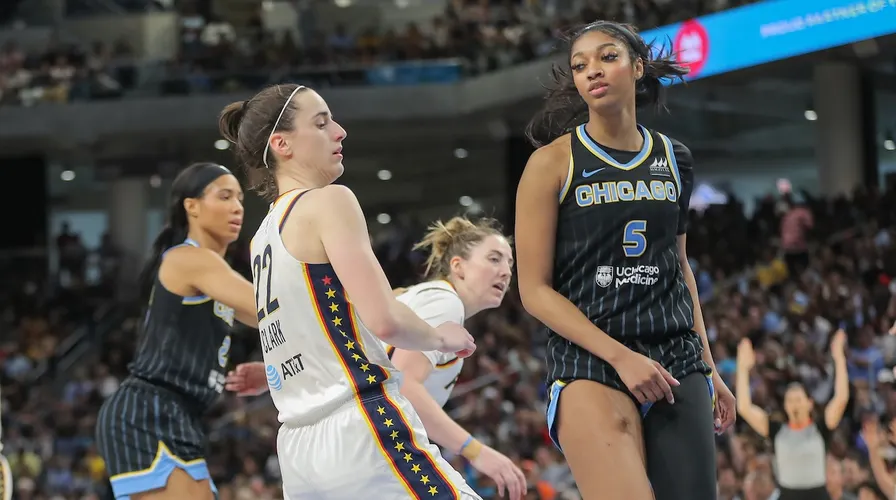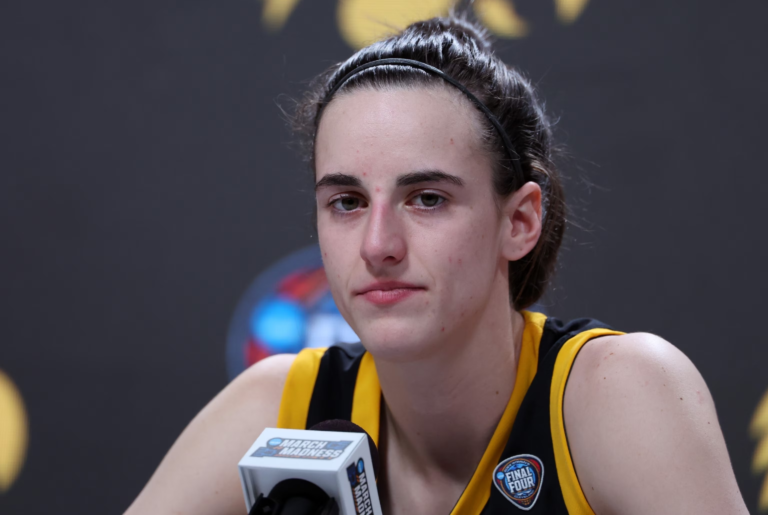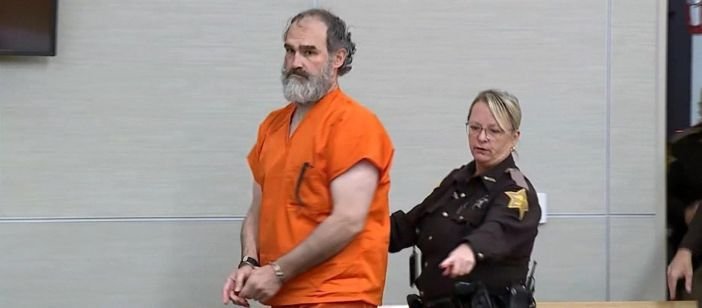
Authorities in Indianapolis have charged Michael Thomas Lewis, a Texas resident, with felony stalking after a string of disturbing incidents involving 22-year-old WNBA superstar Caitlin Clark. Prosecutors allege that Lewis engaged in persistent harassment beginning December 16, as detailed in court filings by the Marion County prosecutor’s office. Lewis is set to appear in court on Tuesday to face the charges.
According to an affidavit from a Marion County sheriff’s lieutenant, Lewis directed numerous messages at Clark via her X account, some of which were sexually explicit and deeply unsettling. In one message, he admitted to driving by Gainbridge Fieldhouse, the Indiana Fever’s home arena, up to three times daily. Another post ominously joked about being “one foot on a banana peel and the other on a stalking charge.” Prosecutors assert that these messages instilled fear and intimidation in Clark, and explicitly or implicitly threatened her with sexual harm.
Investigators tied the X account to Lewis, linking posts to IP addresses from an Indianapolis hotel and a downtown public library. Indianapolis police confronted Lewis at his hotel on January 8, where he claimed he was on vacation. When questioned about his alarming posts, Lewis dismissed them as harmless, calling them “fantasy” and “a joke.” He admitted to imagining a relationship with Clark but denied any intent to harm her, according to court documents.
In light of these revelations, prosecutors have requested a higher-than-standard bond, arguing that Lewis deliberately traveled from Texas to Indiana to be near Clark. They also seek a stay-away order as a condition of any potential release, barring him from locations like Gainbridge and Hinkle Fieldhouse, where the Fever regularly play.
Clark has reported feeling deeply unsettled and fearful for her safety, even resorting to altering her appearance in public to avoid being recognized. Marion County prosecutor Ryan Mears emphasized the bravery required for victims to come forward in such cases, noting that many women remain silent due to fear or stigma. The case underscores the challenges athletes face in balancing public visibility with personal safety.




